It’s no secret that Pinterest is a powerful platform, especially for wedding professionals. If leveraged properly, it can bring you lots of inquiries without requiring you to spend hours upon hours engaging on the platform (move over Instagram!). But we get it – creating a Pinterest strategy from scratch OR cleaning up your current lackluster strategy can be daunting. That’s why today, we’re bringing Julianne Smith of The Garter Girl on the show to break down how you can optimize your account and create a Pinterest marketing strategy that serves your creative business.
What is Pinterest intended for and who do you think uses it most?
[5:35] So Pinterest is about one thing and one thing only, and that’s inquiries. If you have a business and especially in the creative or wedding industry, and you want inquiries. That’s where people are and where they’re hanging out. That’s where your clients are. And you know, my whole job mission, my whole goal.
For the, you know, the education side of my business is to help other creative businesses get those inquiries so they can get back to doing what they do best. Right. Whether it’s making the wedding garters doing the calligraphy, et cetera, et cetera, but like, especially in the wedding industry, right. You’re always on the hook to bring in new clients because we don’t have repeat business.
It’s just kind of this thing on your to-do list, always bubbling in the background. And, you know, you can go to the networking events, you can network with other peers, but how do you network with people who are in a position to hire you? And the way to do that online is with pins.
How is Pinterest different from other social platforms and search engines?
[11:58] Well, first and foremost, Pinterest is not social media.
Yes. And I know everyone wants to say, oh, you know, when I do my Instagram, I ticked off my Pinterest. And that is where most creative businesses kind of get tripped up is they kind of apply the same mentality, the same tactics, the same strategies. The same, everything to Pinterest that they’re doing on.
Let’s just say Instagram and it, it fails every time and it’s, and it’s very, very frustrating and people think the problem oh, is Pinterest, but the problem is sort of your mindset. And, you know, the customer is the same, right? The customer that uses. Pinterest is also uses tick talk to be entertained. And they, you know, they’re, they’re using sort of all the different platforms, just like we use all the different platforms in our real lives, but it’s the expectation that they have.
That is the biggest difference. Right. I go to tick-tock. I am, you know, bored and I’m expecting to laugh or be entertained or, you know, just to be distracted. Right. I go to Google. I’m like looking for a phone number. I’m looking for a menu. I’m like looking for a specific thing. And that is the same with Pinterest.
Pinterest is actually started by people who used to work at Google. So a lot of what you’ll see on Google is what you’ll see on Pinterest. And Pinterest is actually the number three largest search engine in the world. So number one is obviously Google and that’s search with words, right? You do a search and there’s.
A bunch of words. Um, and number two is YouTube, which is owned by Google, where you do a search and a video comes up and then number three is Pinterest. Right? So, but that is a visual search platform. It’s called a, they call it a search and discovery platform. And that is visual search.
Right? You do a search on Pinterest and photos, and now video comes up as, but not video like YouTube, it’s like shorter form video. And. Yeah. So it’s about the expectations. So the customer or pinner or whoever, whatever you want to call them, the potential client goes to. With a question, right? How much does a wedding cost in my area?
What are the best flowers to use in the fall? You know, what, you know, in your case would be like, what kind of nibs do I use with, you know, this? Like, they go with the question and then Pinterest then gives them the answer, but Pinterest doesn’t make or do anything. So they rely on us, the content creators to provide those answers.
So I know like people are like, no, but I’m a Flores. No, I’m a calligraphy person, but in sort of all intents and purposes, you are a content creator, even though you’re not, you know, an influencer, but by Pinterest standards, you, you are considered a content creator.
What things do you need to make sure you have within your pinterest profile if you’re starting from scratch?
[19:38] I think that’s the most important part that people tend to miss. Everyone wants to jump right to the pinning. Tell me how to pin, tell me how to do it. And again, it comes from the social media mindset. Tell me how to post, tell me what, tell me what to do. And I think that a huge piece that most businesses miss is the setup.
This is set up, you have your account and. You know, again, they put the social media hat on and a lot of times I see this, the Pinterest description looks more like a dating profile, right. There are, they’ve copied and pasted their Instagram bio over onto their Pinterest account. And it’s just not helpful because remember, again, it’s not about you and getting to know you, the person it’s about solving their problems.
Right. First things first, you got to set up your account. You got to make sure your account, like your title, your description, the Pinterest realized. Boards. It’s the way that they organize things. So once you set up your account, you do your title and your description. You then have the opportunity to create boards.
So when you make a pin or, you know, you upload a photo or videos, it’s called a pin, you then have to put it somewhere. You can’t just like Willy nilly, just put it on there. Cause then it would just look like a mess, like our Instagram feed. And that’s not what we’re trying to do. They want you to organize it.
Right. So tell me where this pin or this photo belongs. So you can then after you set up your title and your description of your whole account, then you set, then you have the opportunity to create boards. And again, then it’s the same as with your account. You have the opportunity to create a title and a description for all of your boards.
And if businesses would just start there in the setup of the account, Then they would be better served.
What Kind of Content Should You Pin? Should You Pin Other People’s Content?
[25:18] I do not pin other people’s content. And I’ll tell you why, because when you put up a pin on Pinterest, so let’s say it’s like five, I don’t know, invitations.
That would be great for a fall wedding. Right. And you’re like click here to see these five invitations when you click through. That is going to a website, right. It’s going somewhere. And I want that traffic to come to my website. I want that traffic. Now, if I pin, let’s say something from the night, or even like, maybe I was featured on the blog and I pin that.
But those, but those links on those pins go to that blog or they go to the nod or they go wherever that’s helping the knot. That’s helping that particular blog. It’s not helping. My business. So I would rather not pin than pin other people’s content. And I’ll tell you, so this started back when Pinterest first started when people kind of really misunderstood the platform.
Again, they had their social media hat on and they were like, you’ve got a pin, 70% of other people’s stuff, and you’ve got to really curate your feed, just like they were doing on Instagram. And you don’t want to seem braggy or showy and you don’t want to just be only pinning your stuff. But that was a fundamental misunderstanding of sort of how the platform worked.
Because again, as we just talked about at length is like, it’s not social media. People don’t care that my feed is curated. And most times people don’t even see my sort of Pinterest feed. It’s not Instagram. I’m not trying to show that I’m like an amazing curator of images. It doesn’t matter. The other things that I pin because they’re going on with their products.
Right. What are day of paper goods and why do I need them? Like, what do I need to have a menu for my wedding? Right? What’s an escort card they’re going on with these questions and they want, they just want the solution. They don’t care that I can, you know, pin a certain curation of things. And so that’s why pinning other people’s content has like zero benefit at all.
And in fact, it’s like super confusing to the algorithm because for a couple of reasons, but like one, let’s say you’re just sort of pinning like stuff to kind of curate your feed. You’re really confusing. The Pinterest box. ’cause you’re like, again, the bot, as I said, it was gathering all this information about you so that it knows how to kind of serve you.
But if you’re pinning generic content or content that sort of isn’t serving your business, the little bot gets confused.
How do you best go about cleaning up your Pinterest if you already have one?
[42:51] I know this is scary, but like stop pinning, just stop and really evaluate your stress.
Look at your boards, look at your whole account. Do you have like recipes? Do you have like fashion? Do you have home decor? Like, are you renovating a bathroom and yet you have all these like pins about your bathroom. That’s. And you should. I use Pinterest personally, but if it’s a, if you are, if your website ran, you have that little like Pinterest P at the bottom or the top, or wherever you have it, then your Pinterest account needs to be in service of your business or your brand.
And so that means all of the personal pins. They need to go either delete them. You need to move them to secret, or you just need to set up a separate. Personal pinning account. It’s again, it’s first just looking at your pins. And it’s like, does this whole Pinterest account like serve my business? Does it serve my people?
Does it serve my brand? After you’ve like taken sort of a look at the pins, you can then look at your whole account. And it’s what we kind of talked about. Does my account say who I serve? Does it say where I serve? Does it say what I do? Is there any kind of. Keyword, if you want to use that phrase or Googleable phrase or searchable phrase in my title and in my description, or is it just kind of saying, well, I help couples dream their reality. Like, what is that? What kind of couples, what is dream like dreaming? What, like, tell me, put those they’re called keywords, but put those keywords into your description and all keywords are, is just those little like searchable phrases. Right? So for my case, it would be like wedding garters or.
Like, instead of saying, like, I make beautiful heirlooms or I make heirlooms, I say, I hand-make wedding garters for brides and families. Right. And so keywords would be like wedding garters, heirlooms, things like that. Like it’s very specific.
Do you have to have a blog to be successful on Pinterest?
[31:05] I have had, I don’t know, How many clients in the past year, and not one of them was I pinning to their blog. Okay. I know trading is like creating images and content that just lead to their site.
Then the best part about being in the wedding and creative industry is that we have what Pinterest wants. And that is beautiful images. I mean, I’m in all these like, sort of I’m the mentor in like other Pinterest groups for other industries. And like they’re also jealous. Of the wedding industry, because we have gorgeous images all the time on repeat, right?
What comes to my house every week. I just, every week I have like a new stack of like 50 images, right? If you’re planning a wedding or you’re designing invitations, like every weekend, you have like a new stash of gorgeous images that are super creative, super inspiring, super beautiful, because we don’t do like ugly things in the wedding industry.
Like this is kind of what we do. It’s tailor-made for Pinterest. It’s beautiful. It’s visual. Right. And so what I do is if you don’t have a blog is what most businesses have or galleries, right? It’s whether it’s like a gallery of your custom work or, you know, if you’re a wedding planner, it’s like profiles and from couples and things like that.
So we’re taking those images that they have and redirecting the other places on their website. If they don’t have a. Yeah, but most creative businesses have some kind of gallery. We just call it a gallery, even though you and I both know wink, wink it’s a blog.
Are pinterest views important? What stats would we focus on?
[48:41] I love this part about Pinterest, rthe size of your account? Ioesn’t matter. There are no quote-unquote vanity metrics that matter because so 97% of searches on Pinterest are unbranded. What does that mean? It means that like, I’m not going in.
If I’m looking for a recipe I’m not going in and typing into Pinterest, typing the pioneer woman I’m going in and I’m typing like chicken rice, things like that. Or if I’m looking for like, like celebrity outfit ideas, I’m not typing in like Kim Kardashian or whatever. Whereas like I’m on Instagram. It’s like, I want to see what she’s up to.
I want to see, you know, their personal stuff. And so searches are unbranded right there. Fall like fashion ideas or fall wedding ideas, things like that. That’s what you’re typing in now again, when we were talking about the search and the words and the whole thing, this matters because any size of your account can be successful.
Like little me, right? My like laptop in my little basement office is like crushing it on Pinterest. I have like millions of monthly engagements. Compared to like, you know, someone like the knot who again has like millions too, but like, I can be just as successful as these big accounts. Yeah. Pinterest doesn’t care about the size of your account again, like on Instagram, like they care, right.
It matters your engagement. They, it matters how many likes. Your photo got Pinterest does not care at all. Again, what they care about is does your pin answer the search query? Does it solve their problem? That’s what they care about. You don’t care how big your account is. They don’t care how many followers you have.
They don’t care how big your business is. And so that’s why. The only sort of metric that matters is how much business you’re getting from it, and how much traffic you’re getting into it. There’s no like sort of vanity metric on Pinterest that would matter.
But I would say though, just like from a business perspective, like what metric matters, the metric that matters. You know, your conversion rate. Yep. And I’m not here to talk about websites or anything like that, but it’s like if you’re getting, you know, X number of click-throughs from Pinterest per day, per week, per month, whatever.
Are you getting those conversions? Meaning are you getting those sales? Are you getting the kind of inquiries that you want?
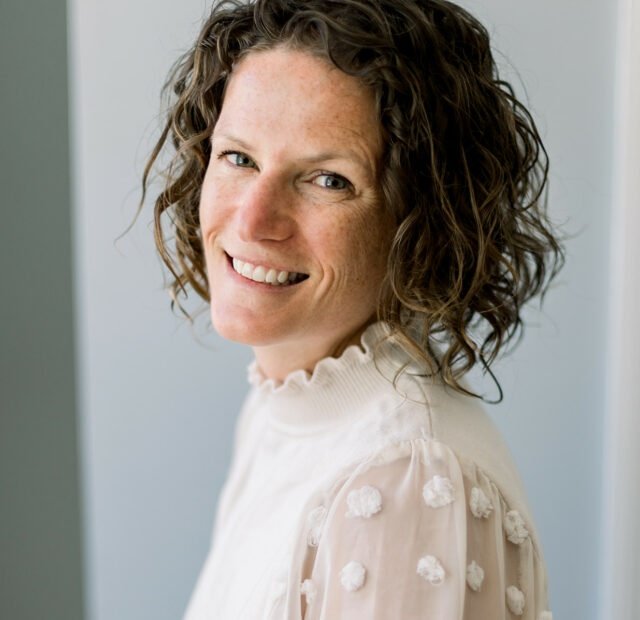

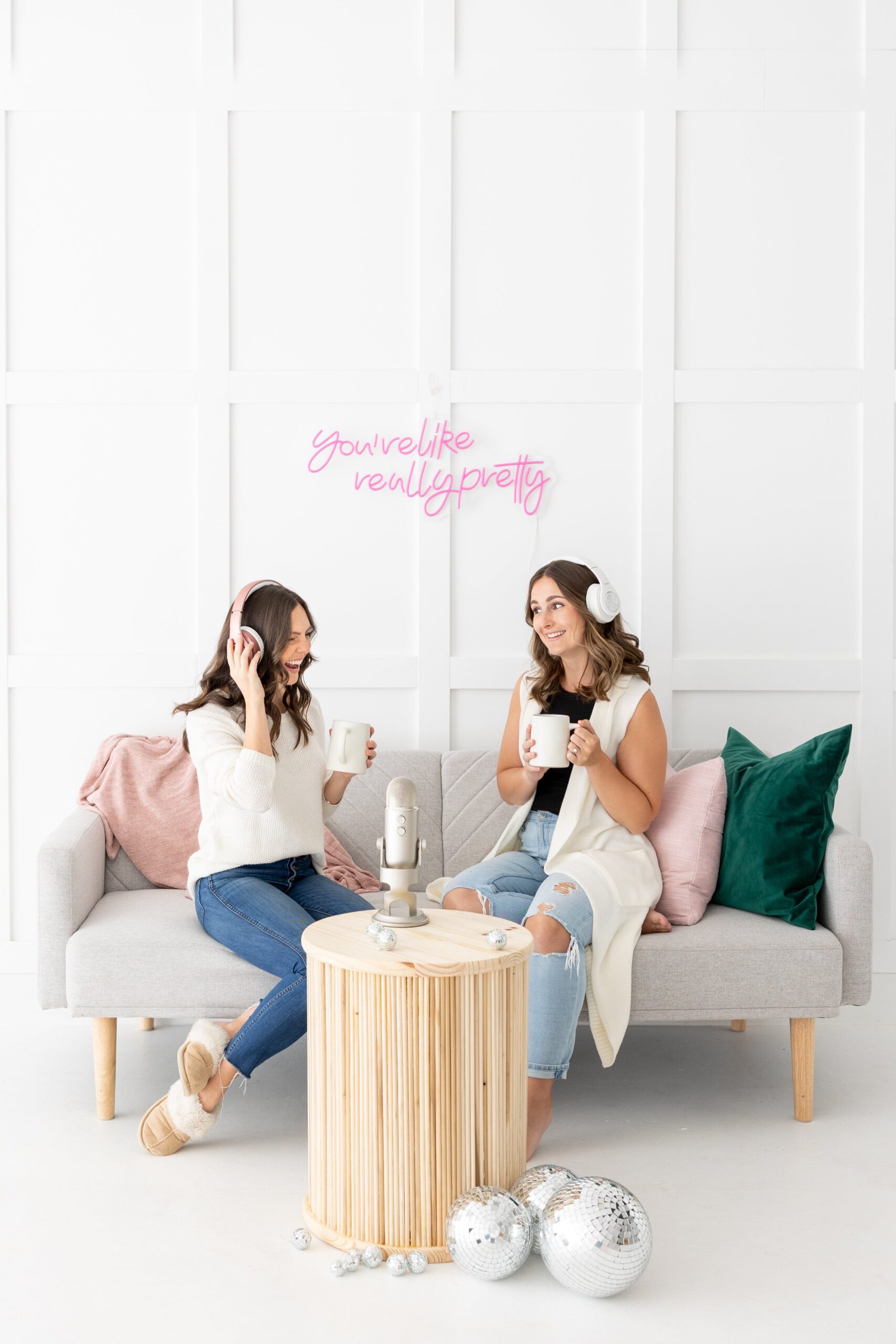
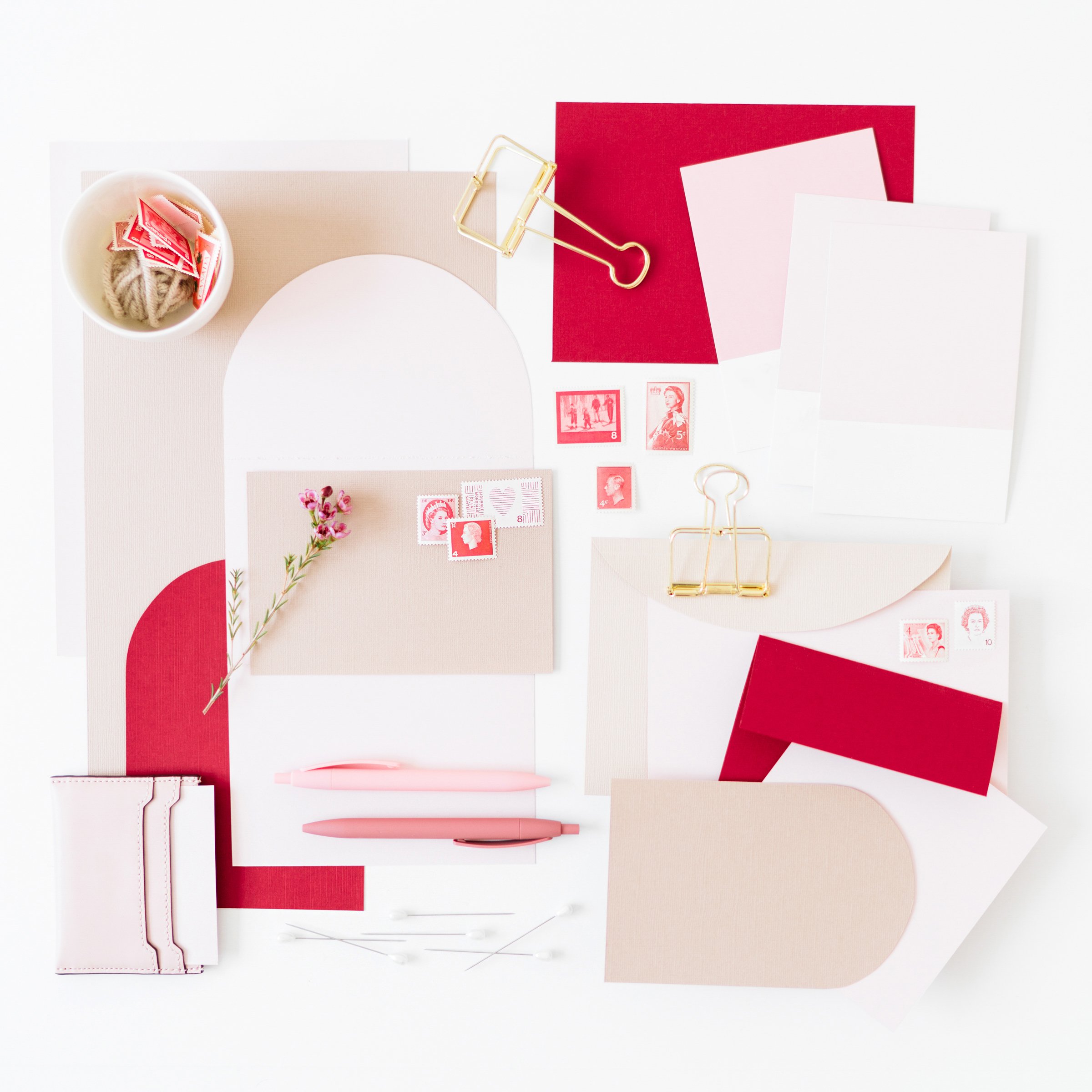
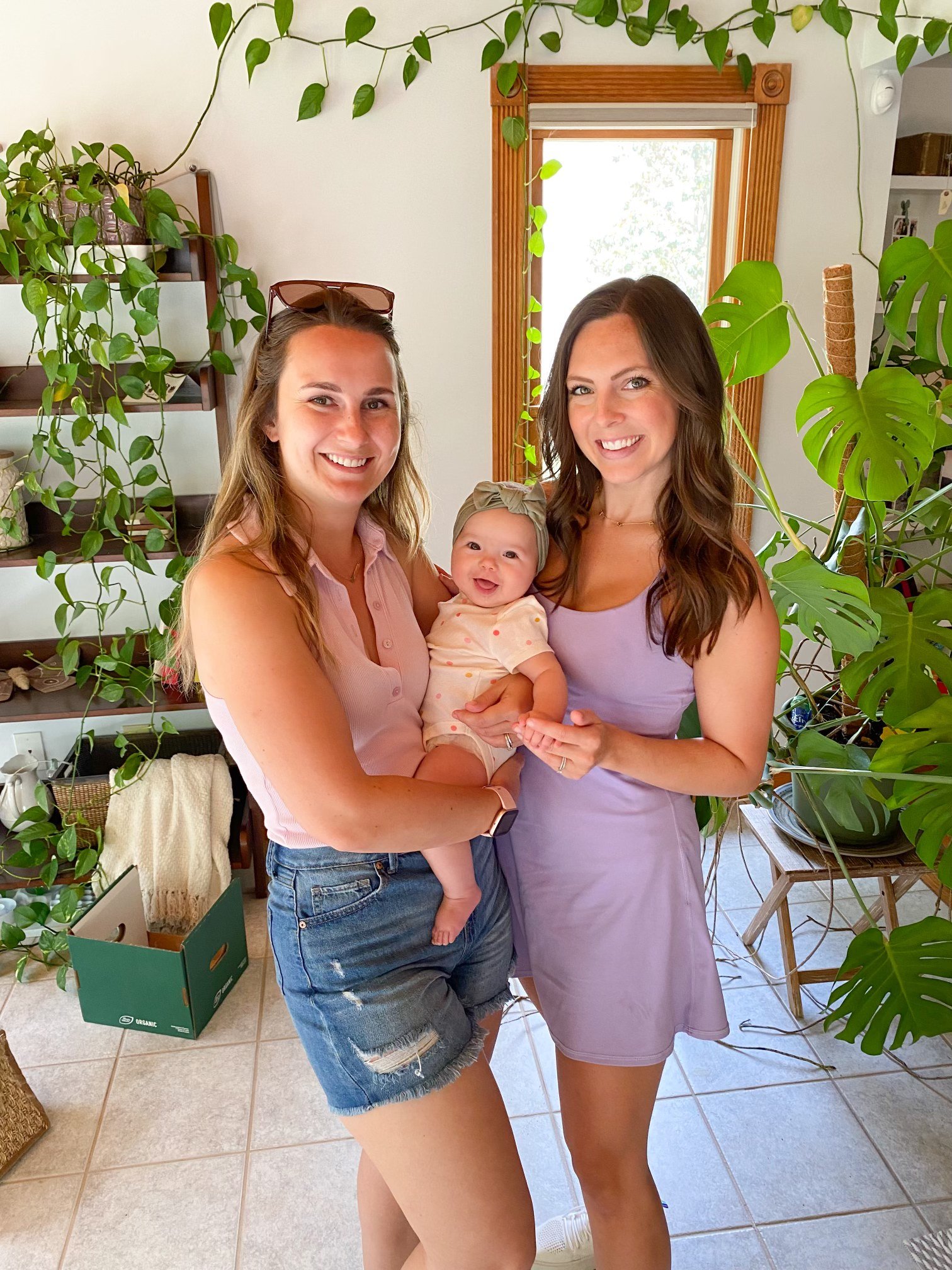
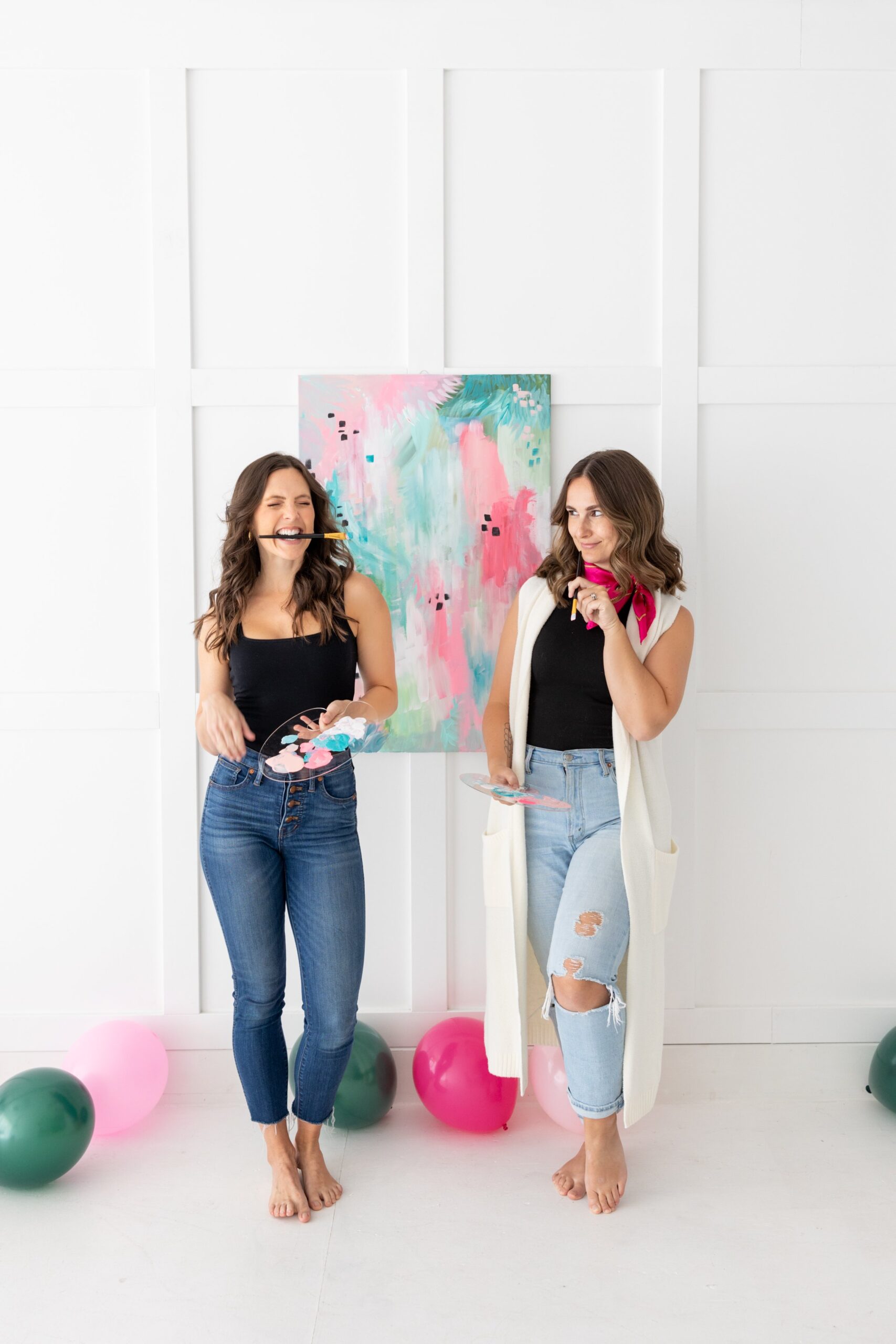
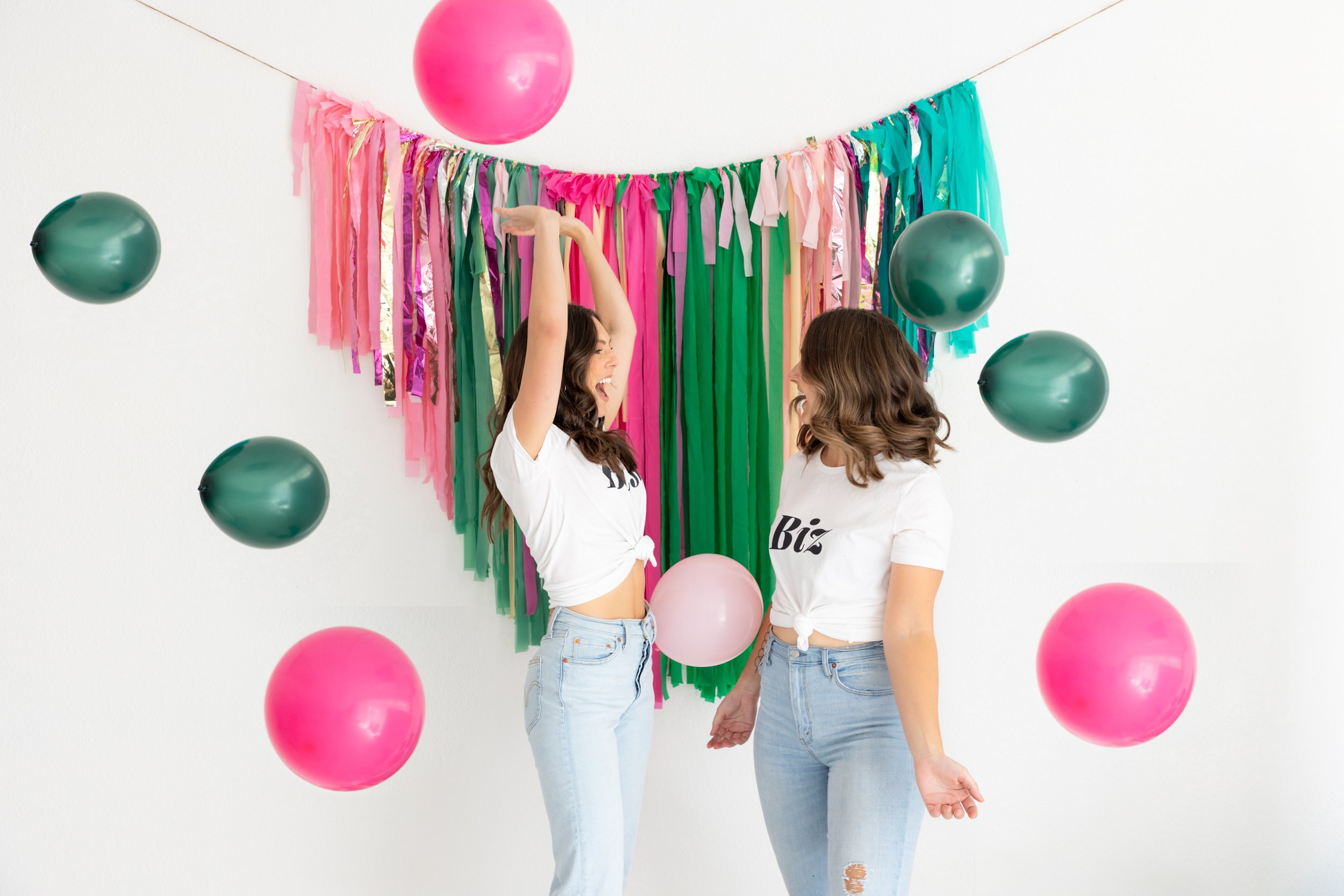
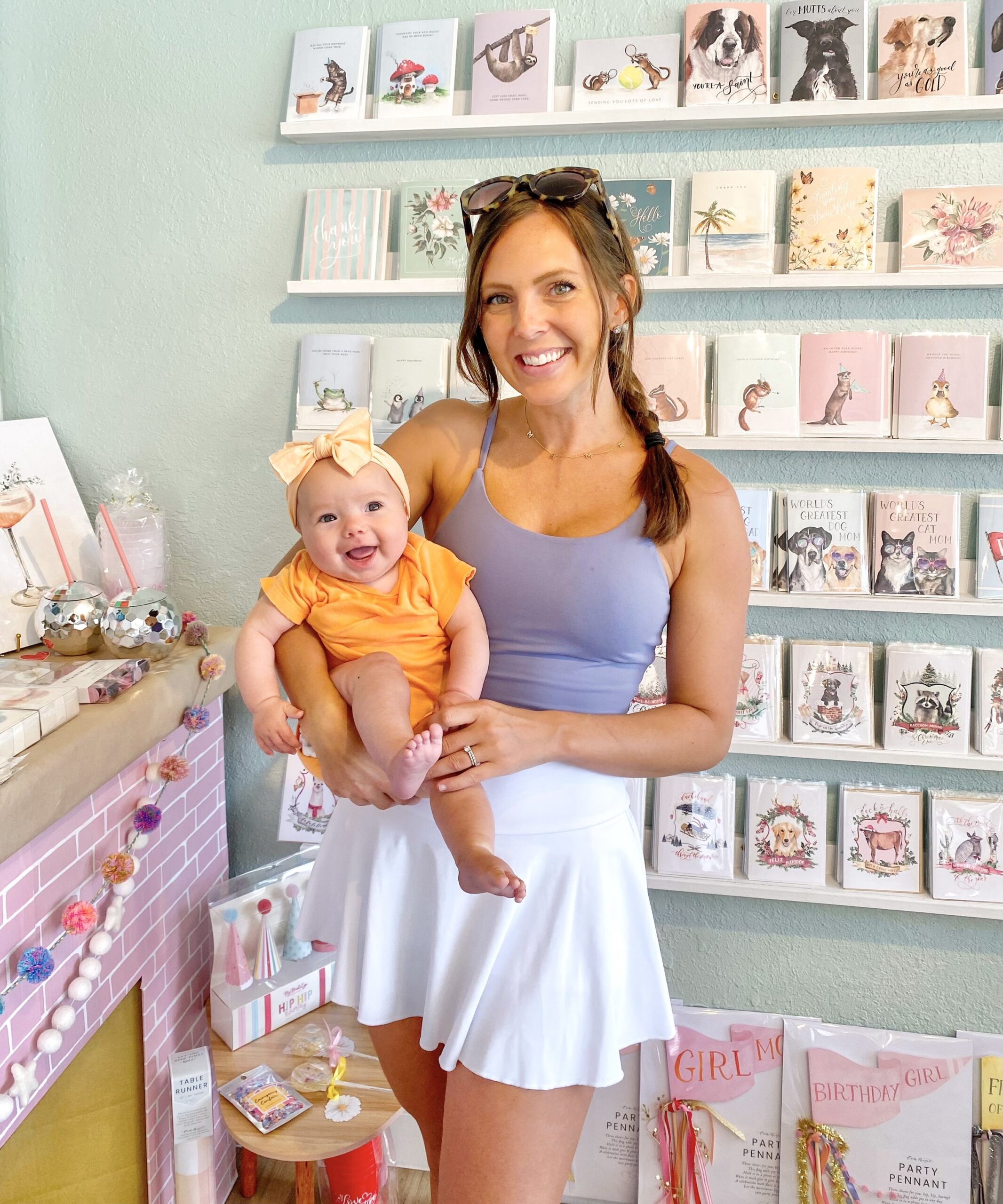
+ show Comments
- Hide Comments
add a comment